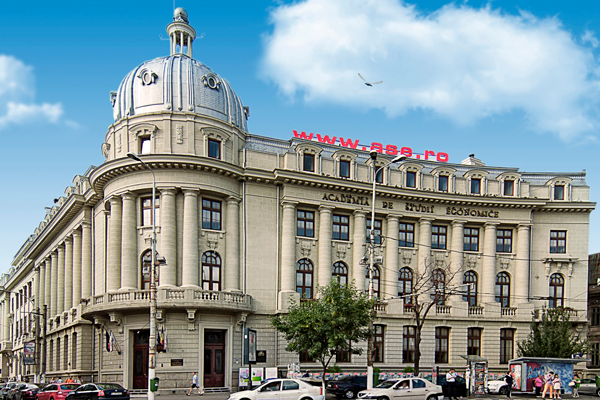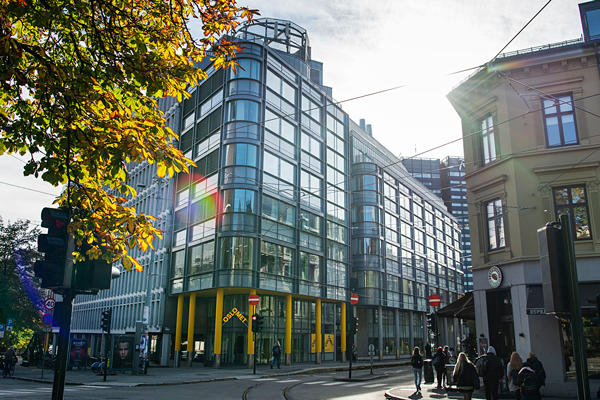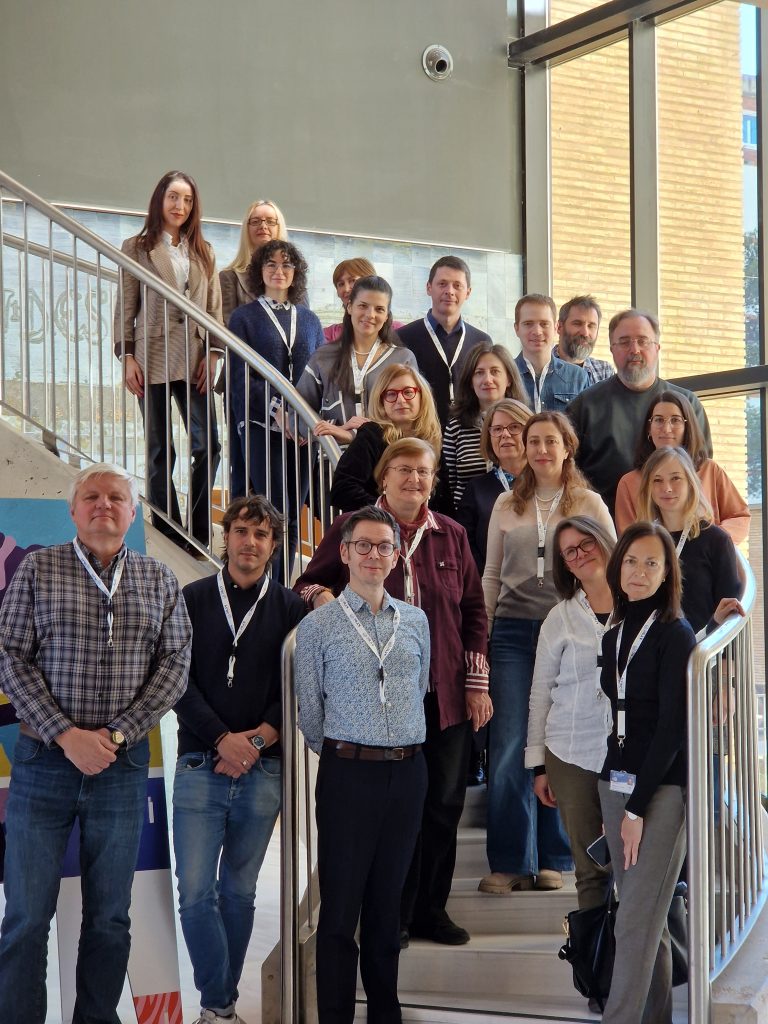
Digital language and communication training
for EU scientists

Digital language and communication training
for EU scientists
New! Video
testimonials
Communicating science not only to peers but also to society has become a key priority.
As part of an ethnographically-oriented study of EU scientists’ digital communication practices, we created video testimonials of female STEMM scientists discussing their digital science communication practices and giving examples of good practice.
DILAN Final Online Event
The final DILAN event, “Science Communication 2.0: DILAN’s Legacy for Researchers and Policy Makers,” will take place online on 10 December 2025 from 11:00 to 13:00 CET.
Past DILAN Events

Innovate and Engage: Bridging Research Communication and Society
June 13th-14th, 2025
Bucharest University of Economic Studies
(Bucharest, Romania)

Communicating Research for Academic and Public Engagement: Innovations, Insights, and Impact
September 25th-26th, 2025
Oslomet (Oslo, Norway)

Improve your communication skills with Scicommhub.eu
Enrol in our DILAN course for scientists and researchers who want to know more about their opportunities to communicate online, both with peers and with wider publics. You may study at your own pace.
The modules are small – “bite size” – so that you can integrate them easily into your working day.
Our objectives
What
moves
us
The main objective of DILAN is to improve the ability of scientists to communicate their research results beyond the specialised community so that they reach diversified audiences and society at large.
The European Union has recognised that public communication of science is a key priority for society. To support this priority, DILAN will provide solutions for the digital transformation of human resources in research.
DILAN involves the creation of resources and materials in digital format, as well as online training courses and a MOOC with innovative learning/teaching practices.
In this way, DILAN will support the European scientific community (with a special focus on women researchers), enhancing their resilience and capacity to communicate on Web 2.0.
The resources will be designed for STEM and non-STEM areas and will also promote civic engagement, social responsibility and democratisation of science, as well as other key EU values (multilingualism, digital literacy learning, and citizens’ scientific literacy).
Communicating science
beyond expert audiences
Priorities & Topics
Relevant priorities
Addressing digital transformation through development of digital readiness, resilience and capacity.
Additional priorities
Developing STEM/STEAM in higher education, in particular women participation in STEM.
Stimulating innovative learning and teaching practice.
Topics
Digital skills and competences
Development of training courses
Key competences development
An Erasmus+ Project
Our
commitments
The project is eco-friendly (choosing greener forms of travel where possible) and inclusive (planning ways to help those with fewer opportunities to participate).
It is also inclusive of academic disciplines and academic languages in the EU.

Meet the consortium
Consortium Partners
Campus Iberus (Spain)
Université De Bordeaux (France)
Univesité Clermont Auvergne (France)
OSLOMET (Norway)
Academia De Studii Economice Din Bucuresti (Romania)
Universitatea Ovidius Din Constanta (Romania)
Fundación Ibercivis (Spain)
Kampal Data Solutions (Spain)
Associate Partners
Université de Paris (France)
Université de Grenoble (France)
University of Vlora (Albania)
University College London (United Kingdom)
Westminster University (United Kingdom)
